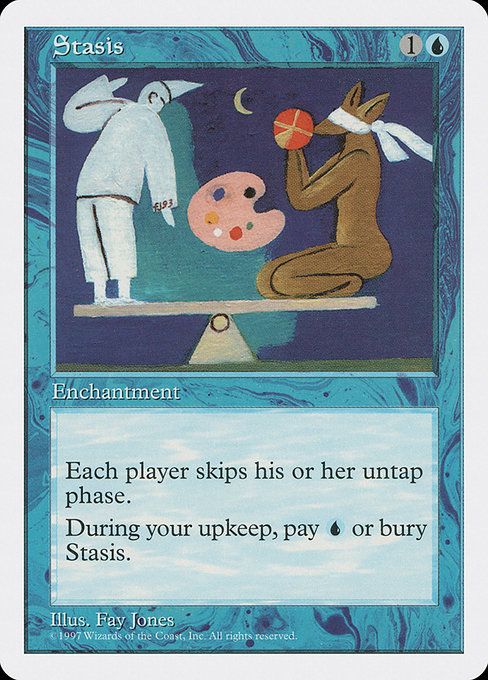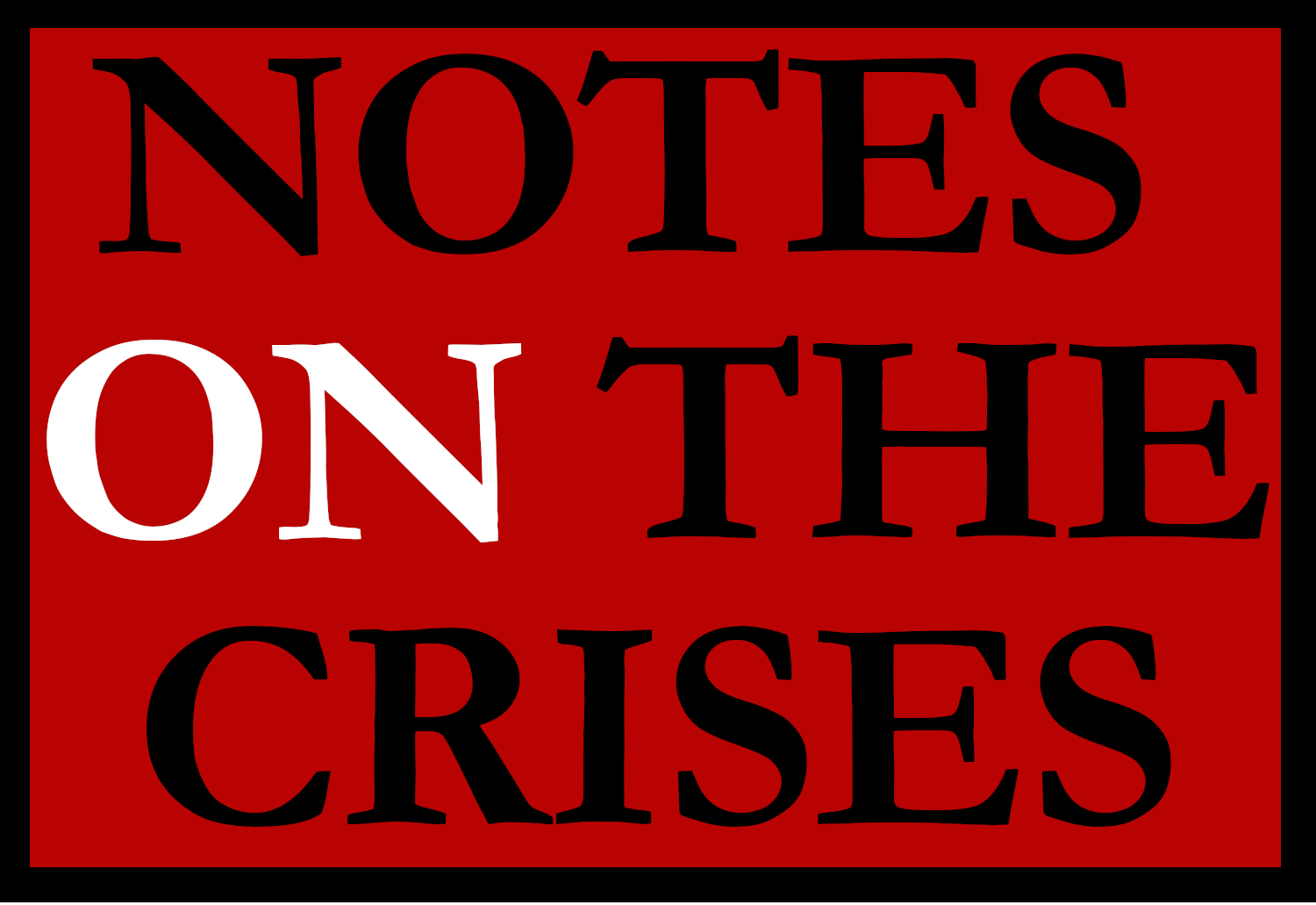A Payments Holiday is More Realistic Than You Think
A Reply to Perry Mehrling


For weeks now there have been calls for widespread payment suspensions or holidays. These calls have especially focused on utilities, rent and household debts. For the most part, very few have directly argued against these proposals. They have simply been politically ignored in exchange for attempts to accomplish “paycheck protection”, larger unemployment insurance benefits and, of course, the famous 1200 dollars. The CARES act did have some forbearance for those with government guaranteed mortgages, but there was very little for renters. One person who has criticized payment suspensions/holidays is professor Perry Mehrling. Here is Joe Weisenthal asking him about this precise issue on Odd Lots (I’ve edited the transcript for clarity):
Weisenthal: Why can't we just put a pause on everything; all payments stop? Nobody has to pay their mortgage for the next 3 months. Nobody has to pay their rent etc. keep cash in people's pockets while they're not working and so forth.
Mehrling: This is a high-level Point. So here's the thing from the money view. one person's cash outflows are another person's cash inflows so when you say ‘one way for me to build up my cash balances to match my diminished inflows is to stop paying’ that of course spreads the virus right? Because then somebody else is going to have a diminished cash inflow. So that's the concern… so you want to make sure that you don't have a multiplier effect that comes from that and you can do that, if you're using the government's balance sheet more generally
There is much merit to what Mehrling is saying. One person’s interest or rental payment is indeed another person’s disposable income. Government support is likely necessary whether you suspend payments or not. Where I disagree with Mehrling (and thus support a payment holiday) is on **how** that government support should come and whether we need to preserve pre-existing social relations exactly as they appeared pre-crisis.
First, while it’s true that a payment holiday simply pushes the “balancing inflows and outflows” problem up the payments chain, that does actually help. Those who are higher up in payment chains have larger net-worths (including financial net-worths) and are better able to finance themselves while incurring losses. Landlords can make payments more easily than unemployed households can. Landlords, in fact, should lose equity during a crisis. Indeed, the only real justification for landlord net incomes and capital gains is as payment for the possibility that they may get wiped out by extreme, unforeseeable events. At the very least, if we come to the conclusion that we are going to protect bigger players from losses than we need to rethink their capacity to extract rental, interest and other payments from ordinary households and small businesses.
Of course, when you get high enough up the chain of payments, you reach the banking system. Banks are in the best position to lose equity because what an acceptable net-worth for banks is is purely determined by financial regulators. Regulators can lower overall capital requirements for the duration of the crisis and a time period afterwards. Alternatively, they could simply indemnify banks against losses associated with payment holidays. We’re already part way there, as troubled debt restructuring has basically disappeared as a category in financial accounting. This would, in essence, be taking advantage of chartered banks' role as franchised money creators. They can make payments as long as they have guaranteed access to liquidity and they have that access for as long as financial regulators declare them in regulatory compliance. When necessary, we have a ready made process for recapitalizing smaller chartered banks in the form of FDIC resolution. The resolution of the largest banks is more complicated and can be avoided if it's deemed to be destabilizing.
Things are more complicated when it comes to the broader financial system. Yet, if there is any time we could manage that process, it would be now. The collateral schedule (what is acceptable to secure a loan from the Federal Reserve and at what ‘haircuts’) has been expanded widely for the duration of the crisis. Commercial mortgage backed securities are being purchased by, and pledged to, the Federal Reserve. Residential mortgages are not really a concern as “private label” (non-government guaranteed) mortgage backed securities stopped since the crisis and mortgages are either sold to Fannie Mae and Freddie Mac or held on commercial bank’s balance sheets. Repo financing is more freely available than ever. Some of the most marginal players- especially around financial technology lenders coming out of silicon valley- may not be well integrated into these financial circuits. Here, I think these lenders' suffering is a good thing. The conventional argument against letting creditors take losses is it makes credit less available. However, under these circumstances, it's far preferable for households to have additional disposable income than additional credit.
This approach would still require additional government funds over and above regulatory forbearance to the financial system. However, it would require far smaller amounts of money and that money could be devoted to reorganizing social relations. Landlords could be bought out to form limited-equity co-ops and community land trusts. Banks, post resolution, could be bought out and democratized. Keeping the exact same payment relations preserves the status quo- which is better than a crisis collapse. However, it's not the best option we have available. These creditors have been taking on uncertainties in exchange for income and we should have them play their proper role and get wiped out during a crisis. In some ways managing this process would be more complex, but it would also be extremely rewarding. A payments holiday also ensures that everyone gets the help they need, while people can fall through the cracks in our current suite of programs. Overall, a payments holiday for households and small businesses has many administrative advantages, is easily managed given our current suite of interventions (especially by the Federal Reserve) and is far more equitable than trying to keep pre-Coronavirus social relations going as is. Never let a crisis go to waste.
Sign up for Notes on the Crises
Currently: Comprehensive coverage of the Trump-Musk Payments Crisis of 2025
No spam. Unsubscribe anytime.
